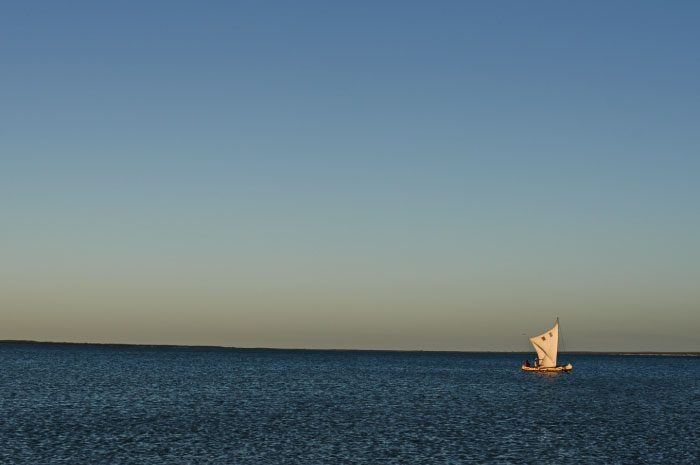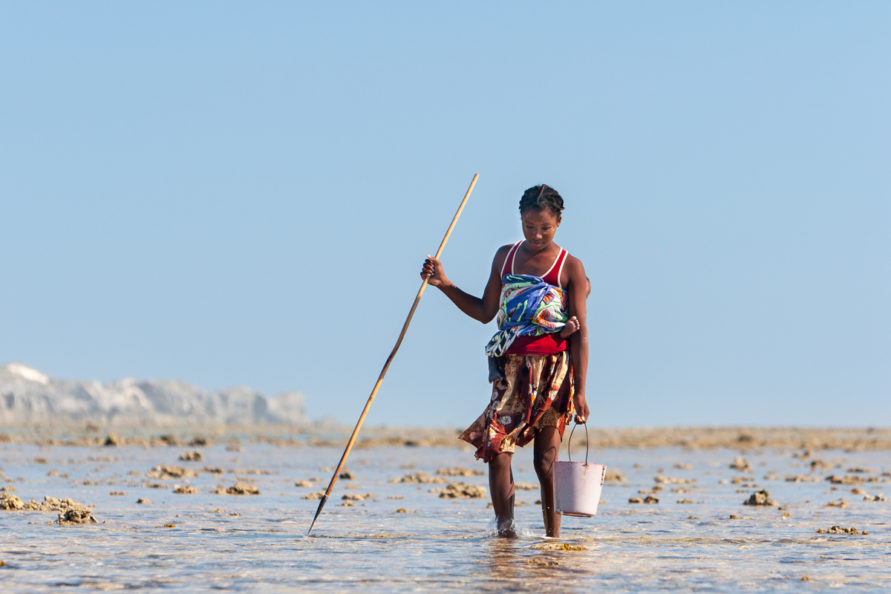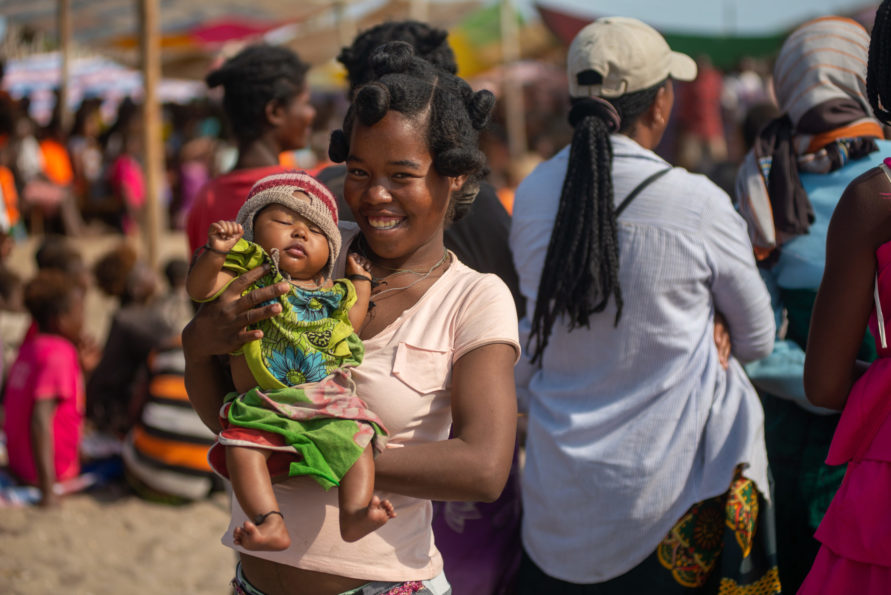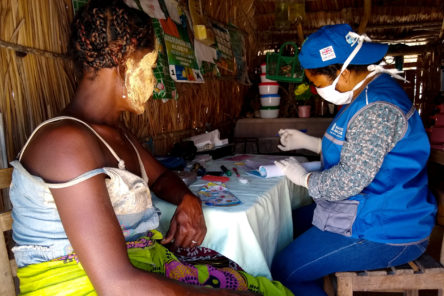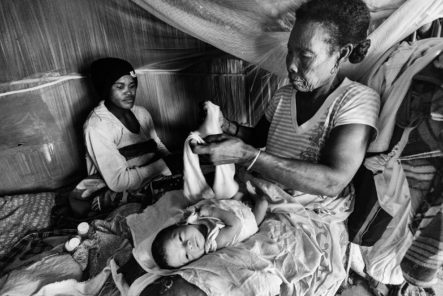I sat down with Edith Ngunjiri, our Technical Advisor, Health-Environment Partnerships, to get her insights on the health-environment approach following the 15th anniversary of the Blue Ventures Safidy programme. The community health programme has integrated health activities within marine conservation programmes since August 2007 in Madagascar.
“The health-environment approach connects the health and wellness of the people to the health and protection of the environment, ensuring people are healthy so that they can be better stewards of nature,” she said. Evidence shows how communities experiencing poorer health tend to use natural resources less sustainably. In fisher communities, this can mean using illegal or destructive fishing gears that are more convenient and less physically demanding.
On the flip side, strengthening community health can improve the local environment and people’s engagement in marine conservation activities. “Healthy people are better able to look after their environment, and a healthy environment will provide the much-needed resources for the people, which is why we started Safidy,” said Ngunjiri. Safidy began in Velondriake, Madagascar’s first locally managed marine area, where there was a huge unmet need for family planning. The response focused on providing voluntary family planning services, which enabled women to decide the number of children they wanted and when to have them.
From providing voluntary family planning in 2007 in one area, Safidy has grown into a community health programme offering health services in 89 villages across the northwest, southwest and midwest regions and supporting outreach activities in 54 other villages. In low-income or remote communities where health services are lacking or absent, helping coastal communities rebuild their tropical fisheries means ensuring they are physically equipped. We’ve seen how engaging women and young people in health-related matters allows them to lead healthier lives and participate in marine conservation activities.
The Safidy programme has improved women’s lives and strengthened their roles in development. Women have joined alternative income-generating activities that have raised their status and household income and offered a chance to plan more for the future. As such, many more women now take part in coastal and fisheries-related conservation activities.
The health-environment approach promotes equality and access to healthcare by providing targeted healthcare services to women and children. As such, we started the Helping Babies Breathe (HBB) programme to provide lifesaving training and equipment to 30 healthcare workers in eighteen primary health centres (known as centre de santé de base, CSBs) to assist newborns experiencing breathing difficulties.
Integrating health and environmental approaches will ultimately support people in safeguarding their health. A healthy environment will improve livelihoods, incomes, and general well-being and create thriving fishers and oceans.
Acknowledgements: Edith Ngunjiri, Technical Advisor, Health-Environment Partnerships.


